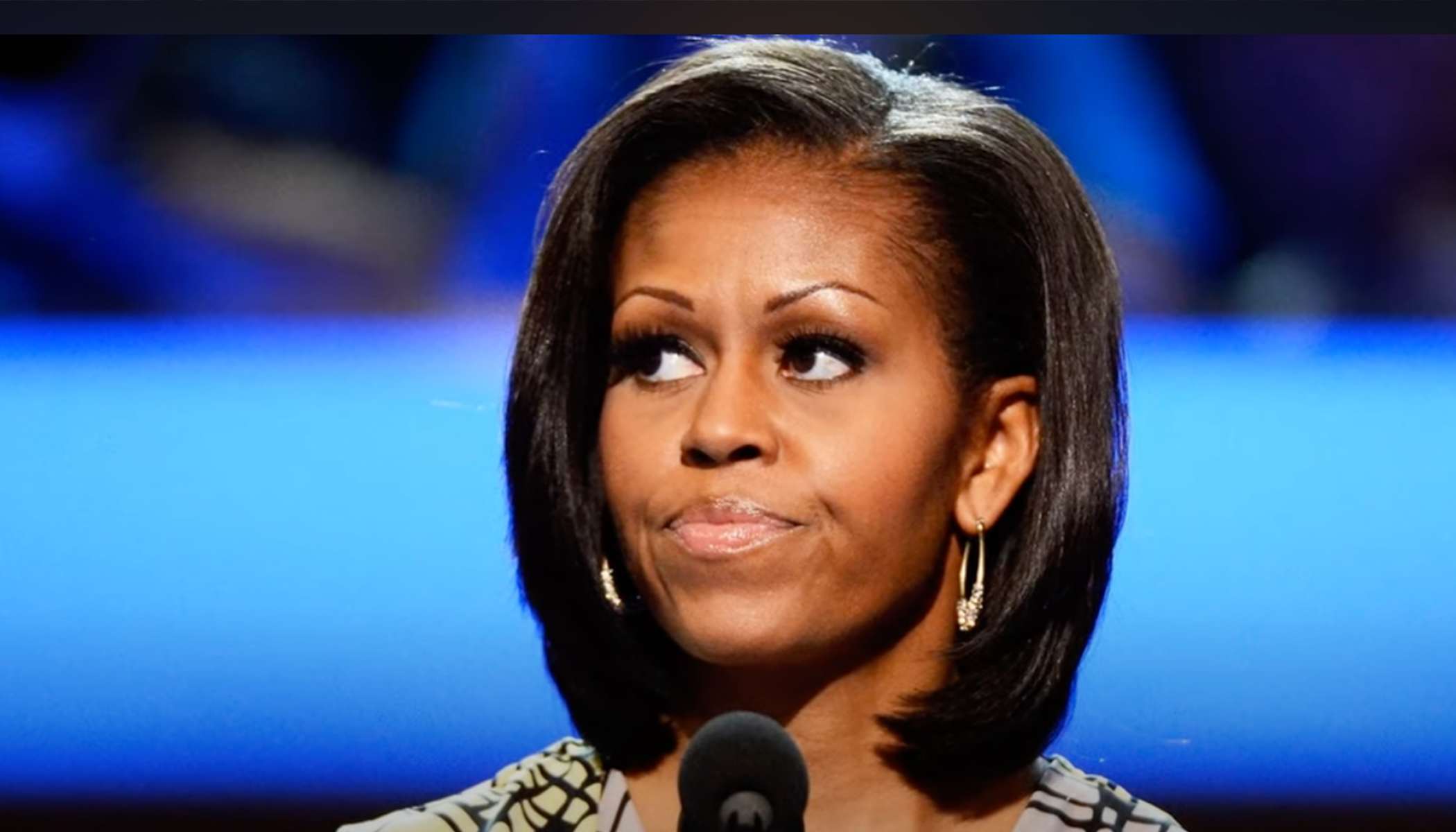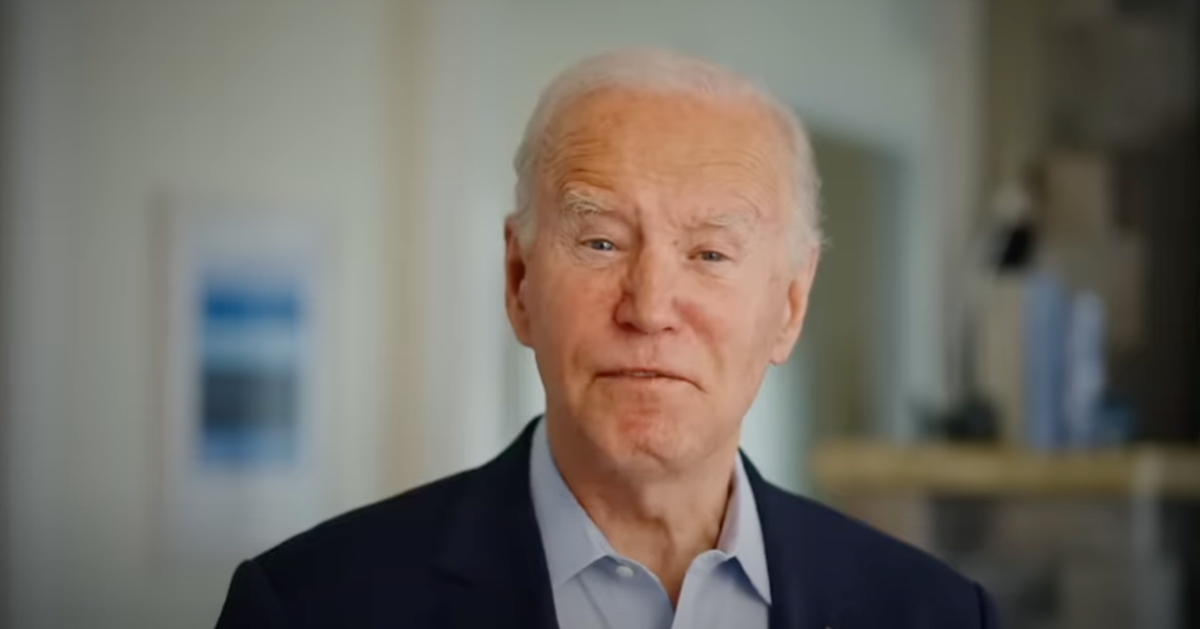Appeals Court Casts Doubt on Validity of Trump Civil Fraud Outcome: Experts
Former President Donald Trump and his organization were fined nearly half a billion dollars in a fraud case initiated by New York Attorney General Letitia James, who claimed that the values of Trump's assets were unlawfully inflated.
Now that Trump’s lawyers are appealing this judgment, it appears that some New York appellate court judges are expressing skepticism about the case's basis and the massive resulting penalty, as Newsweek reports.
In February, Judge Arthur Engoron found Donald Trump, his adult sons, and The Trump Organization liable for inflating the value of Trump's net worth and assets to secure favorable business deals.
This verdict led to an order for Trump to pay an initial fine of $464 million, which increased to $489 million with accrued interest.
Additionally, Trump was banned from engaging in the New York real estate business for three years. The lawsuit was led by James, who argued that the fraudulent inflation of asset values warranted the substantial penalty.
Appellate Justices Question the Penalty
Trump has consistently maintained his innocence throughout the proceedings. His legal team argued that the penalty was excessive and that some of the allegations were beyond the state's statute of limitations. The appeal was recently heard by a panel of five appellate justices.
Justice David Friedman voiced skepticism about the application of the law used by James. He questioned whether the specific law was intended to protect the market and consumers in this context, stating, "The law James used to bring the lawsuit is supposed to protect the market and the consumers -- I don't see it here."
Law professor Jonathan Turley, in an interview with Fox News host Steve Doocy, also remarked, "This panel expressed real problems" with the case.
He further supported Justice Friedman’s perspective in an email, noting that it is difficult to see how the case aligns with the underlying purposes of the law.
Judiciary Scrutinizes Lack of Harm
Another notable skeptic, Justice Peter Moulton, expressed concerns over the penalty size. He highlighted the absence of clear victims in this fraud, questioning Judith Vale, the Deputy New York Solicitor General, on how the assessed penalty correlated with the actual harm caused.
He pointed out, "The immense penalty in this case is troubling... How do you tether the amount that was assessed by the Supreme Court to the harm that was caused here where the parties left these transactions happy?"
In response, Judith Vale defended the penalty, citing the extensive nature of the fraudulent activities. She argued, "It's a large number for a couple of reasons. One, because there was a lot of fraud and illegality."
Appeal Decision Expected Before Election Day
Turley criticized the penalty once more, describing it as "absurdly out of line with not just the purpose of the law but the facts of the case." He reiterated the judiciary's skepticism, suggesting that the Trump case diverges significantly from previous uses of this law, emphasizing "There was no victim in the case. No one lost a dime."
The decision from the appellate court is anticipated soon, potentially before Nov. 5, which coincides with Election Day, with Trump now the GOP presidential nominee. Depending on the appellate court's ruling, the case may progress to the state's highest court.
Trump's Previous Convictions
In addition to the current fraud case, Trump was convicted in May by a New York jury on 34 counts related to falsifying business documents. He is currently awaiting sentencing for these charges. This case adds to the mounting legal challenges faced by the former president as he campaigns for the 2024 presidential election.
The outcome of this appeal carries significant implications, not just for Trump personally, but also for his broader business operations and political aspirations.
As the appellate court deliberates, all eyes are on how the justices will rule regarding the legality and appropriateness of the hefty penalty imposed.
Overall, the case underscores the legal complexities and high stakes involved in navigating corporate accountability and personal liability, especially for a figure as prominent as Donald Trump.





